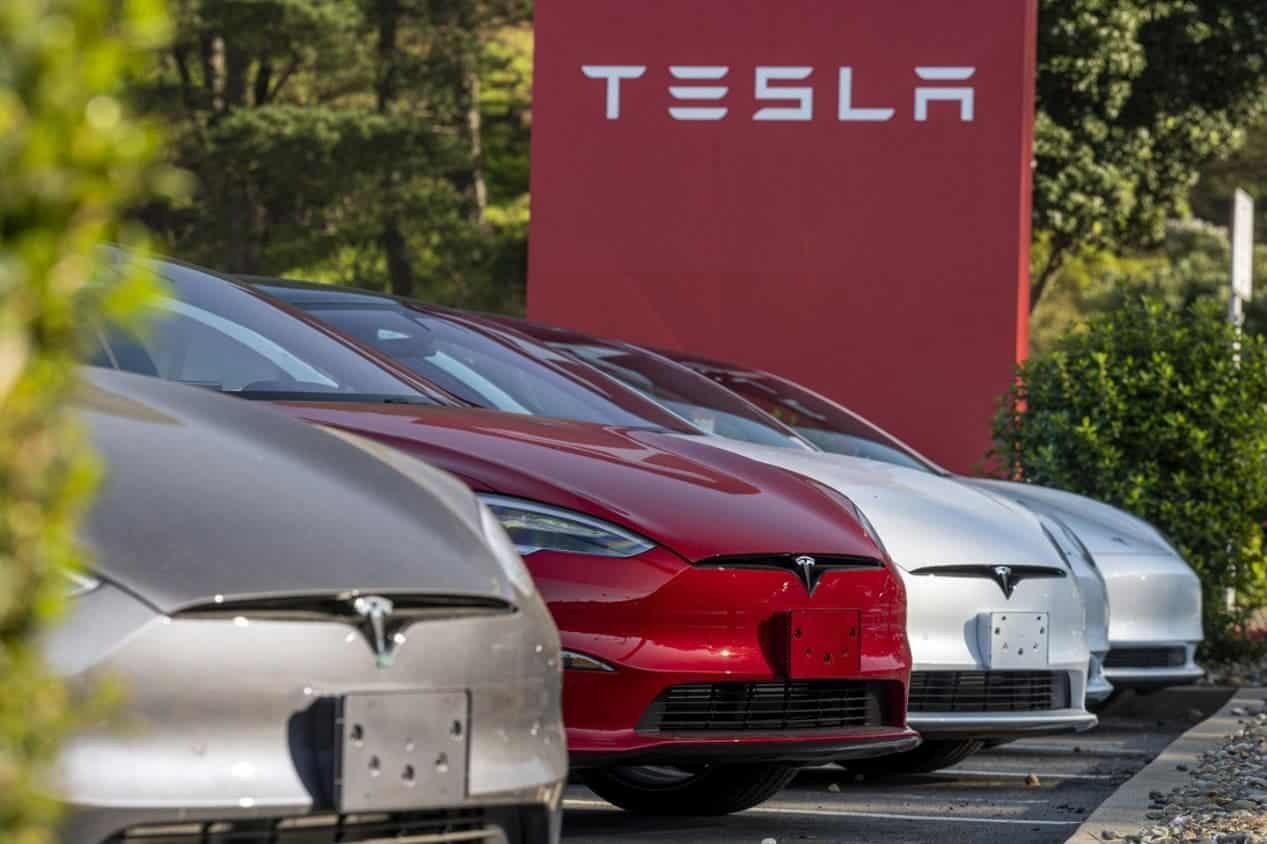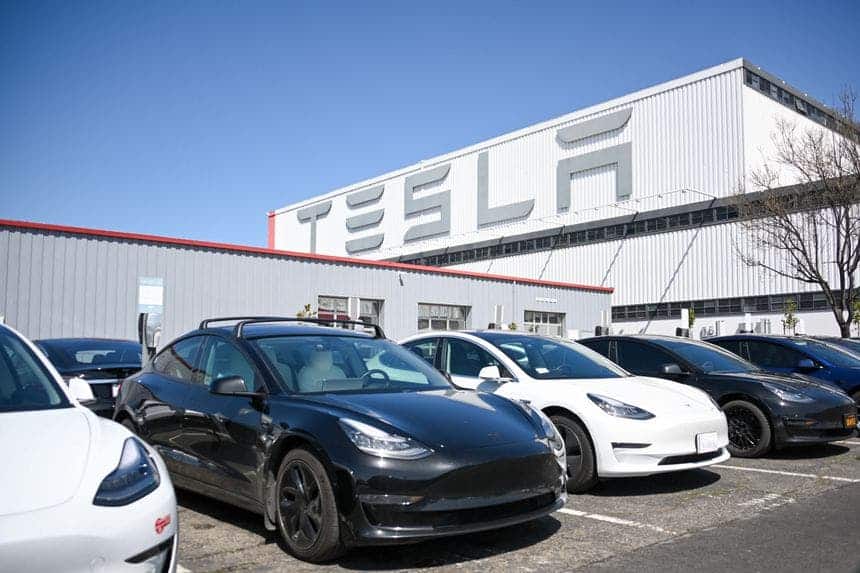[ad_1]
Tesla, the electric vehicle (EV) maker, has announced a significant pay raise for its hourly workers at the Nevada Gigafactory, a move that could stave off union interest. The pay increase, set to take effect in January, will see hourly wages for some workers rise by 10% or more. The raise will bump the pay for hourly workers from $20 to $22 an hour on the low end, and up to $34.50 an hour from $30.65 on the high end. This adjustment represents a 10% or greater raise for most hourly workers, adding anywhere from $2 to $8.30 an hour to their pay. According to Bloomberg, the notification from Tesla to its California auto factory workers came a few days ago. However, the increase will be for Tesla’s factory workers across the U.S.

All U.S. production line staff, material handlers and quality inspectors will receive “market-adjusted pay increases” as a New Year’s benefit, according to an internal document posted at Tesla’s Fremont, Calif., factory. The document did not mention the specific salary increase, and Tesla’s senior director of human resources did not respond.
Background
Tesla’s decision to raise wages comes amid a broader trend of non-union autoworkers attempting to organize, and follows the United Auto Workers (UAW) union’s success in securing significant concessions, including 25% wage hikes, from major automakers such as General Motors, Ford, and Stellantis. The UAW has been actively pushing for unionization at Tesla and other non-unionized automakers, viewing the pay increases and improved working conditions as a means to deter unionization efforts.
The UAW is now turning its success at the bargaining table into an organizational offensive against Tesla and a dozen other manufacturers in hopes of doubling its membership. Past attempts by the UAW to unionize on behalf of workers at other major auto companies have failed, with workers at companies like Volkswagen and Nissan voting against it and companies like Tesla never holding a vote.
Tesla CEO Elon Musk has long been critical of the UAW and unions. He has also recently stressed the importance of lowering costs, saying Tesla’s electric vehicles remain out of reach for many consumers as rising interest rates offset multiple price cuts. Raising production worker pay would make it more difficult to play the “penny game” that Musk referred to during Tesla’s recent earnings call. Tesla has about 140,000 employees worldwide, about half of whom are in the United States. Tesla’s Fremont factory alone employs more than 20,000 workers. According to reports, employees at the plant have established a UAW organizing committee, and the UAW has pledged to provide all necessary resources to support local organizing activities.
Gizchina News of the week
Impact
The pay raise at the Nevada Gigafactory is part of a larger effort by Tesla to retain its workforce and remain competitive in the face of increasing unionization pressure. The company’s decision to raise wages is also in line with similar moves by other automakers, such as Hyundai, amid a broader push for improved compensation and working conditions for hourly workers in the industry.

Unionization Pressure
Tesla’s decision to increase wages comes at a time when the company is facing growing pressure from organized labor activity, both in the United States and globally. The UAW has been actively campaigning to organize non-union workers at Tesla and other automakers, following the union’s success in securing favorable contracts from traditional automakers. The UAW’s efforts to unionize non-unionized automakers, including Tesla, have gained momentum in the wake of the concessions won from major automakers, and the union has been urging workers at Tesla and other companies to consider unionizing.
In 2021, the National Labor Relations Board ruled that Tesla had repeatedly violated labor laws in its previous organizing work with the UAW. This includes firing an activist and suggesting that joining the union would cause employees to lose stock options. Tesla denies wrongdoing and is appealing the ruling in federal court.
A close look at the situation reveals that Tesla is trying to bring its staff closer. Factory workers in brands like Volkswagen and Nissan voted against UAW. This is probably because the workers are close to the company and their needs are met to a decent extent. With such a vote, Volkswagen and Nissan are free from any pressure because even its factory workers do not want to be part of the union. Thus, Tesla seem to be trying to follow the same or a similar route by systematically convincing its workers against UAW.

Final Words
Tesla’s decision to raise wages for its hourly workers at the Nevada Gigafactory is a significant development that reflects the company’s efforts to retain its workforce and remain competitive amid increasing unionization pressure. The pay increase, which is set to take effect in January, is part of a broader trend in the automotive industry, with non-unionized automakers facing growing pressure to improve compensation and working conditions for their hourly workers. The move is also indicative of the broader labor dynamics in the industry, with organized labor actively seeking to unionize workers at non-unionized automakers, including Tesla.
Author Bio
Efe Udin is a seasoned tech writer with over seven years of experience. He covers a wide range of topics in the tech industry from industry politics to mobile phone performance. From mobile phones to tablets, Efe has also kept a keen eye on the latest advancements and trends. He provides insightful analysis and reviews to inform and educate readers. Efe is very passionate about tech and covers interesting stories as well as offers solutions where possible.
[ad_2]
Source link